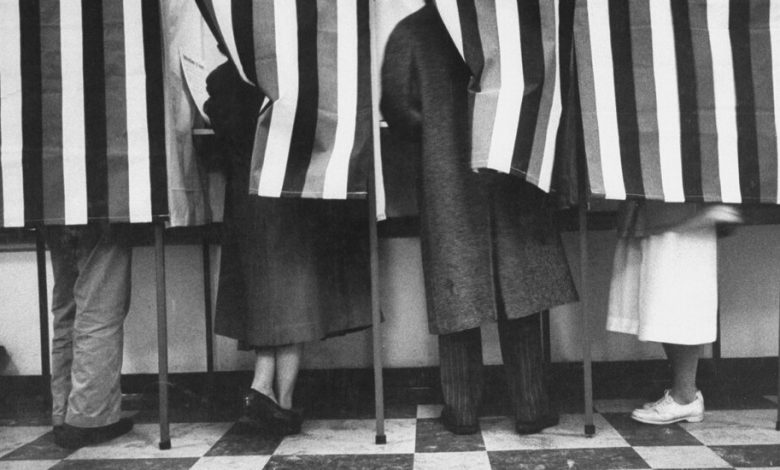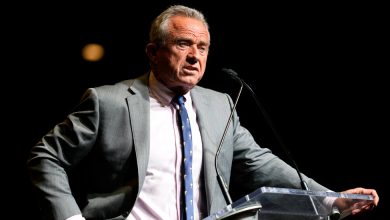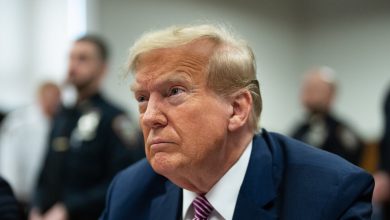How to Boost Voter Turnout With Just One Signature

In a rare bit of political good news in the final days of 2023, Gov. Kathy Hochul of New York has signed into law legislation aimed at increasing voter turnout.
For so many people, the temptation to tune out in this moment of uninspiring politics is stronger than ever. But in Albany, as in Washington, one of the clearest ways to build a saner, more responsive political system is to vastly increase the number of voters who cast ballots.
The bill enacted by Ms. Hochul and the State Legislature will do just that, by moving many county and local elections across New York to even-numbered years, aligning them with federal, statewide and State Legislature elections that draw more voters to the polls.
Abysmally low turnout in New York is a key culprit behind Albany’s dysfunctional politics, which sometimes seem mystifyingly divorced from the urgent needs of millions of residents. Consider, for example, the state’s failure over the past year to address a brutal housing crisis by adopting policies to build housing in the New York City suburbs and enact protections for tenants such as requiring a good cause for evictions.
When smaller numbers of people show up at the polls, elections are less competitive, enhancing the power of special interests — from donors to industry lobbyists and the so-called NIMBYs who have resisted the development of much-needed housing across New York State.
The research backs this up. One report, from the Manhattan Institute, a conservative think tank, found that changing local elections to coincide with national elections led to more accountable and responsive government and saved taxpayers money.
“Voters in on-cycle races appear to focus on the broader concerns of the community,” the author wrote, while “off-cycle races seem to bring out an electorate with narrower, parochial concerns.”
A 2005 study in The Journal of Politics found that moving local elections to even years increased Black turnout. Consolidating elections could make it easier for working-class voters and those living in poverty to participate in elections.
“Just by changing the date of these elections you can empower these voters,” James Skoufis, a Hudson Valley Democratic state senator who sponsored the legislation, told me.
The measure is in some ways modest: It doesn’t apply to New York City and other cities across the state, which are required by the State Constitution to hold elections during odd-numbered years. Also thanks to the State Constitution, the legislation doesn’t apply to elections for district attorney, county clerk, sheriff or many judicial posts. (The State Constitution seems due for some revisions on this count, despite the effort that would require.) The new law does apply to other county and town elections, from county executives and town supervisors to town board members, as well as county legislators and town clerks.
“It makes for more efficient elections and is less confusing to voters, too,” said Susan Lerner, executive director of Common Cause New York, a nonpartisan good government group.
The law is a no-brainer for New York. Despite this, the bill faced opposition from some elected officials in the state — from both parties — who prefer that New York’s elections stay as they are.
“Even some Democratic elected officials have raised some concerns, a nonzero number of elected Democrats,” Mr. Skoufis told me. “It’s very much, ‘OK, the current system got me elected.’ They don’t want to lose that.”
Assemblyman Michael Fitzpatrick, a Long Island Republican, said so out loud.
“If it ain’t broke, don’t fix it,” Mr. Fitzpatrick said in June. “The system works fine.”
It is broke. Hopefully, this law will make it less so.
The Times is committed to publishing a diversity of letters to the editor. We’d like to hear what you think about this or any of our articles. Here are some tips. And here’s our email: [email protected].
Follow the New York Times Opinion section on Facebook, Instagram, TikTok, X and Threads.




